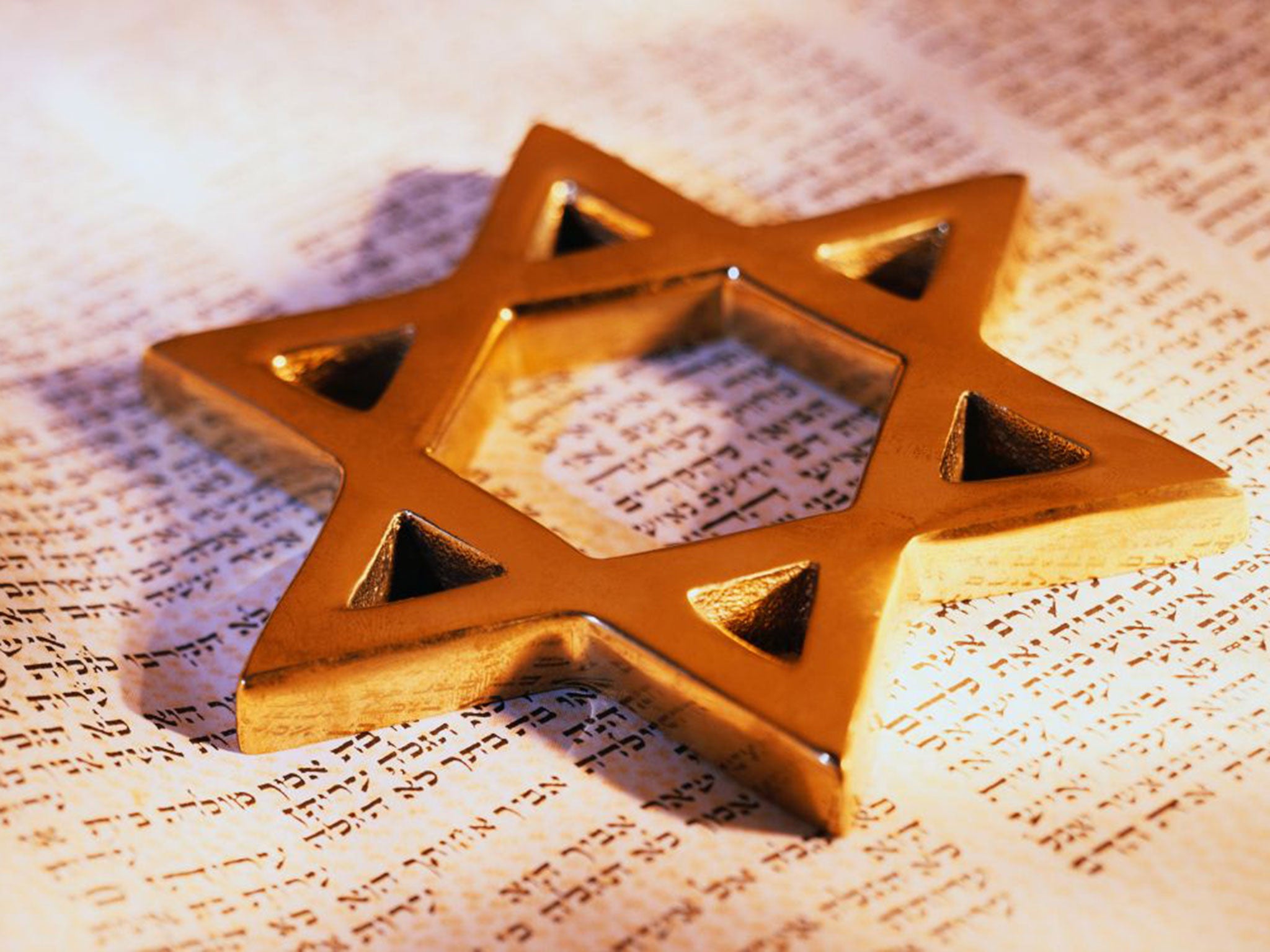This year, I won't fast for Yom Kippur. God will be more understanding than my parents
I'm stepping away from a distracting tradition that isn't practical for a mother with young children, and I don't believe I'm any less Jewish for it

Your support helps us to tell the story
From reproductive rights to climate change to Big Tech, The Independent is on the ground when the story is developing. Whether it's investigating the financials of Elon Musk's pro-Trump PAC or producing our latest documentary, 'The A Word', which shines a light on the American women fighting for reproductive rights, we know how important it is to parse out the facts from the messaging.
At such a critical moment in US history, we need reporters on the ground. Your donation allows us to keep sending journalists to speak to both sides of the story.
The Independent is trusted by Americans across the entire political spectrum. And unlike many other quality news outlets, we choose not to lock Americans out of our reporting and analysis with paywalls. We believe quality journalism should be available to everyone, paid for by those who can afford it.
Your support makes all the difference.Without fail between Rosh Hashanah and Yom Kippur, a nauseating knot forms in my stomach - and this year, I’ve finally figured out why.
I loathe fasting. I dread how it looms over me from the instant a slice of honey-soaked apple hits my lips on day one of Rosh Hashanah. I shudder at the build-up, the last supper and the idea that fasting will somehow bring me closer to God. Mostly, I hate the way it makes me resent Yom Kippur altogether.
Since I was a little girl, the stories I heard at Hebrew classes have intermingled in my head, forming a Charlton Heston-like vision where a moody purple sky clouds over, the wind roars and God sits at a table with his book, slowly tracing the list of names until he finds mine, then instantaneously deciding upon and sealing my fate for the forthcoming year. It is this imagery and fear that has lead me to follow the tradition of fasting consistently and diligently – and also the reason why I now realise I’ve been fasting for all the wrong reasons.
Contrary to my professed dread, I like Yom Kippur. I like the way Judaism flags up a day to take stock of our actions, moral or otherwise, admitting responsibility for our faults and failings and promising to be better people. I like how the outside world stops and our focus shifts. Fasting is supposed to clear your mind from distraction and therefore make you more receptive to the task of atoning. But the truth is, even on Yom Kippur I’m running after my kids, and the last time I was truly alone was before I popped the first one out, let alone able to sit undisturbed in a synagogue and pray.
In synagogues from here to Hawaii, the only topic of conversation that gurgles around growling tummies concerns hunger: What did you have for dinner? Where are you breaking the fast? What do you break the fast on? Then there are those that are fixated on the countdown – “Good Yom Tov,” they say, “only 13 hours, 42 minutes and six seconds to go.”
This is not a community that are atoning for their sins; it’s a community that are following an ancient tradition that largely distracts. This tradition also magically magnetises the “Once-a-year Jew”. If the act of fasting and going to synagogue on Yom Kippur has the potential to absolve you of all your sins, no wonder the Day of Atonement is a sell-out.
Is it because I’m not just a once-a-year synagogue goer that I don’t feel I need to put all my religious eggs into one basket? Is it because, as a mother with two small children, fasting is unrealistic? Or is it because my priorities have shifted that even on the holiest day in the Jewish year I cannot submit fully to every rigour that religion requests of me? Perhaps all of these reasons explain why I won’t be fasting this year. By this admission, does it make me a bad Jew - or any less of a Jew?
We live in a pick and choose society, where you can pick Yom Kippur and still visit Santa Claus at Christmas. In the same way that the Once-a-year Jews pick Yom Kippur to bond with their Judaism, I should be able to pick the one element that doesn’t work for me and simply not do it. I’m not suggesting for a minute that I will over-indulge, eat salt beef and bathe in milk and honey. I might just have a glass of water when I’m thirsty and eat when I feel I am going to faint.
Ironically God will probably be more understanding of this than my parents, but I hold steadfastly to my belief that we shouldn’t fast or observe religious holidays out of guilt, fear or obligation. Like anything, we should fast because we truly believe. If it helps you spiritually, then brilliant. If it doesn’t, then you’re no less Jewish because of it.
Yom Kippur is the most recognised day in the Jewish calendar; let’s not sidestep the meaning by only discussing how famished we are. The absence of food overshadows the true purpose of the festival, which in turn highlights the hypocrisy within us. My choice not to fast is allowing me to reconnect with Yom Kippur. Surely there’s nothing hypocritical about that – is there?
Join our commenting forum
Join thought-provoking conversations, follow other Independent readers and see their replies
Comments